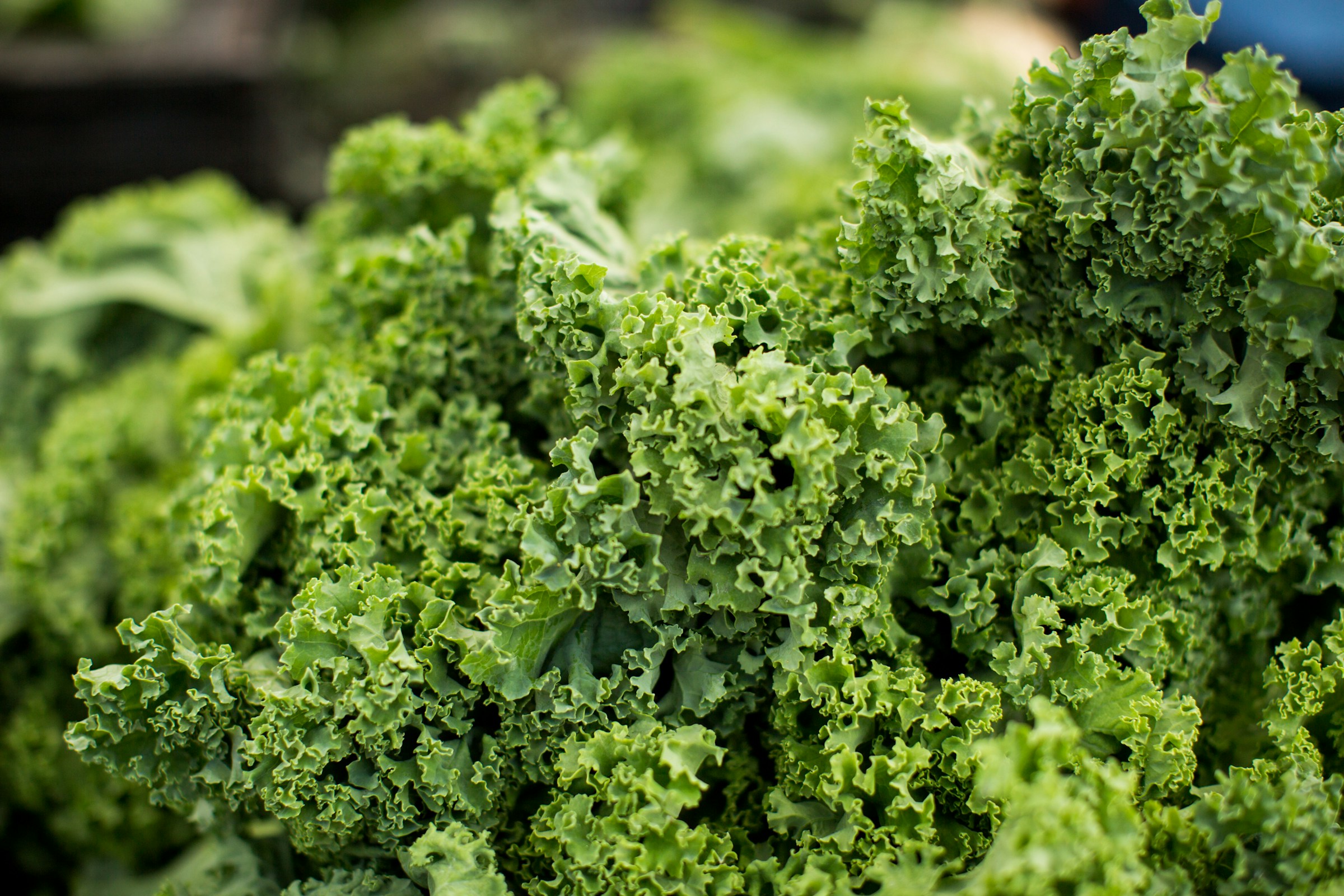Launching an organic vegetable farm in the UK can be a rewarding venture, yet it comes with its own set of challenges. Understanding the legal, practical, and ecological aspects is essential for success. This comprehensive setup checklist will guide you through every step, ensuring that you make informed decisions while fostering sustainable practices. Whether you’re a seasoned gardener or a novice, these essential guidelines will help you cultivate a thriving organic farm that benefits both you and the environment.
Legal Requirements for Organic Vegetable Farming in the UK
Understanding the legal requirements for organic vegetable farming in the UK is crucial for compliance and successful operation. The UK has specific farming regulations that must be adhered to, ensuring that agricultural practices are sustainable and environmentally friendly.
Additional reading : Establishing a UK Virtual Reality Gaming Company: A Guide to Complying with Age-Appropriate Content Standards
To start with, obtaining an organic certification is a critical step. This certification verifies that your farming methods meet the established organic standards. The process involves applying through a recognised certification body, which will assess your farming practices. They will check for the absence of synthetic pesticides and fertilizers, and the use of sustainable farming techniques.
In addition to the certification, there are several essential permits and licenses required. These include land use permits, water use licenses, and possibly waste management permits, depending on your farm’s location and scale. Compliance with these regulations ensures that your farm operates legally and sustainably.
Also to discover : Essential Guidelines for Launching an Innovative Elder Care Tech Firm in the UK
Navigating these requirements might seem daunting, but understanding each step and its importance can make the process smoother. By adhering to these regulations and obtaining the necessary certifications and permits, you not only align with legal standards but also contribute to the integrity and trust in organic farming practices.
Site Selection and Soil Preparation
Selecting the right site is a fundamental step in organic vegetable farming. Site selection involves evaluating several factors to ensure optimal growth conditions. Consider the climate, water availability, and topography of the land. These elements can significantly impact crop yield and sustainability.
Once a site is chosen, assessing soil health is paramount. Conducting comprehensive soil testing helps identify nutrient deficiencies and pH levels. This information guides the necessary amendments to create a fertile growing environment. Organic amendments, such as compost and green manure, can enhance soil structure and nutrient content without synthetic inputs.
Preparation techniques play a crucial role in maintaining soil vitality. Sustainable practices like crop rotation, cover cropping, and reduced tillage help preserve soil integrity and biodiversity. These methods not only improve soil health but also contribute to pest and disease management naturally.
Incorporating these strategies ensures that your organic farm is set up for long-term success. By carefully considering site selection and implementing sustainable soil preparation techniques, you lay a strong foundation for healthy, productive crops. This approach aligns with organic farming principles and supports environmental stewardship.
Crop Selection and Diversity
Selecting the right crops is vital for a thriving organic vegetable farm in the UK. Crop selection should consider the local climate and soil conditions. Vegetables like carrots, broccoli, and kale are well-suited to the UK’s temperate climate.
Crop rotation is a cornerstone of sustainable farming. It involves changing the type of crop grown in a particular area with each planting season. This practice helps maintain soil fertility and disrupts pest and disease cycles, reducing the need for chemical interventions. For example, following a root vegetable with a leafy green can balance nutrient uptake and pest resistance.
Incorporating biodiversity through diverse planting strategies enhances ecosystem resilience. Intercropping—growing different crops in proximity—can improve yield and reduce pest pressure. This diversity mimics natural ecosystems, promoting beneficial insects and soil health.
Planning seasonal planting schedules is crucial. Understanding the growth cycles of selected crops allows for efficient use of land and resources. For instance, planting fast-growing crops like radishes alongside slower-growing ones maximises space and productivity. By aligning planting strategies with seasonal variations, farmers can optimise crop yield and ensure a continuous supply of fresh produce throughout the year.
Pest Management and Organic Practices
Effective pest management is crucial for maintaining healthy crops in organic farming. Organic practices focus on sustainable methods that minimise chemical use while promoting ecological balance. One approach is integrated pest management (IPM), which combines biological, cultural, physical, and mechanical strategies to control pests.
Natural pest control methods are essential in organic farming. These include using beneficial insects like ladybirds and lacewings, which prey on harmful pests. Introducing these natural predators into your farm can significantly reduce the need for synthetic pesticides. Additionally, employing barriers such as nets or row covers can physically protect crops from insect damage.
The importance of biodiversity cannot be overstated in pest management. Diverse planting encourages a balanced ecosystem, reducing pest outbreaks. For instance, planting a variety of crops can attract different beneficial insects that help control pest populations naturally. This diversity also disrupts the habitat of pests, making it harder for them to thrive.
Organic pest management requires a keen understanding of the ecosystem and a commitment to sustainable practices. By integrating these methods, farmers can effectively manage pests while maintaining the health of their crops and the environment.
Marketing Strategies for Organic Vegetables
In the competitive world of organic farming, implementing effective marketing strategies is essential for reaching the right audience and maximising sales. Identifying target markets is the first step. Understanding consumer preferences and demographics helps tailor your approach, ensuring that your organic produce resonates with those who value sustainability and quality.
Once the target market is identified, focus on consumer outreach through engaging branding and promotional tactics. Highlight the unique benefits of your organic vegetables, such as their freshness, environmental impact, and health advantages. Use storytelling to connect with consumers on an emotional level, and leverage social media platforms to amplify your message and reach a broader audience.
Exploring diverse sales channels is crucial for expanding market presence. Farmers’ markets offer direct interaction with consumers, allowing for personal connections and immediate feedback. Online sales platforms provide convenience and access to a wider customer base, while direct-to-consumer models, such as subscription boxes, ensure regular and predictable sales.
By combining these strategies, organic farmers can build a strong brand presence, effectively engage with their audience, and optimise their sales potential. This comprehensive approach not only boosts profitability but also reinforces the principles of organic farming.
Budgeting and Financial Planning
Effective budgeting and financial planning are crucial for the success of an organic vegetable farm. To begin, conducting a comprehensive cost analysis is essential. This involves estimating both initial startup costs and ongoing expenses. Initial costs may include land acquisition, equipment purchase, and certification fees. Ongoing expenses encompass seeds, labour, and maintenance.
Exploring funding options can alleviate financial pressure. Organic farmers can consider government grants, agricultural loans, or private investments. These resources provide the necessary capital to cover startup costs and sustain operations. Additionally, some organisations offer specific funding programs for environmentally sustainable practices, which can be advantageous for organic farms.
The importance of financial management cannot be overstated. Keeping detailed records of all transactions and expenses aids in tracking financial health and making informed decisions. Implementing a robust record-keeping system helps identify areas for cost reduction and efficiency improvement. Regularly reviewing financial statements ensures that the farm remains profitable and can plan for future investments.
By prioritising budgeting and financial planning, organic farmers can establish a solid financial foundation. This approach not only supports the farm’s sustainability but also enhances its ability to thrive in the competitive agricultural market.
Resources and Further Learning
For organic farmers in the UK, accessing the right farming resources is essential for growth and sustainability. These resources encompass a range of educational materials and support networks that provide invaluable guidance.
Key resources include organisations like the Soil Association, which offers comprehensive guides and standards for organic farming. Their publications cover everything from soil health to pest management, ensuring farmers have access to current best practices. Additionally, the Organic Farmers & Growers (OF&G) provides certification services and resources to help farmers maintain compliance with organic standards.
Online courses and workshops are excellent for skill development. Platforms such as FutureLearn and Coursera offer courses on sustainable agriculture, allowing farmers to learn at their own pace. These courses cover topics like crop rotation, soil health, and organic pest control, equipping farmers with the necessary skills to optimise their practices.
Networking opportunities are vital for new farmers. Joining support organisations like the Landworkers’ Alliance connects farmers with peers and mentors, fostering a community of shared knowledge and experience. Attending events and workshops organised by these networks provides opportunities for collaboration and innovation in organic farming practices.






